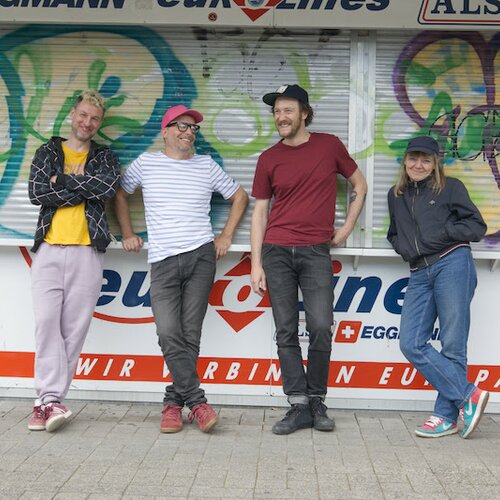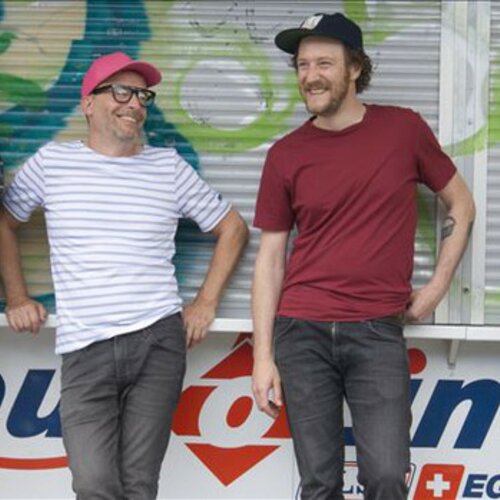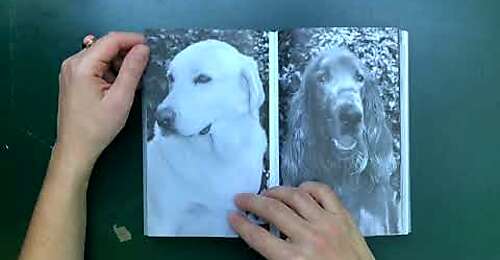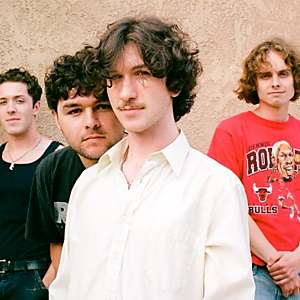Disco Doom
country: Switzerland
genre: Rock
styles: Indie, Noise, Experimental
ABOUT THIS BAND
Zurich, Switzerland’s Disco Doom craft songs that are heavily influenced by the twisted melodies, off-kilter guitars, and rule-breaking song construction of '90s indie rock of groups like Sonic Youth, 18th Dye, and Pavement. The band add high-wire energy and a sense of gleeful adventurism to this formula on early albums like 2003's Binary Stars, gave it a pop sheen on 2008's Dream Electric, then spent the time after that tinkering with the formula like mad scientists. By the time of 2022's Mt. Surreal, they were making records as enticingly weird and sonically impressive as those of their inspirations.
The band formed in 1996 are the core duo of guitarist/vocalist Gabriele De Mario and guitarist/bassist Anita Rufer. After a long incubation period spent touring and getting their sound together, they debuted with a pair of albums -- RRKR (2002) and Binary Stars (2003) -- laid the experimental, guitar-heavy groundwork for Disco Doom's sound. 2008’s Dream Electric, which toned down the harshness of previous albums and introduced more melody and electronics, was their breakthrough album. They supported Built to Spill on a U.S. tour, then headed to Seattle, Washington to record with BTS members Jim Roth (producer) and Jason Albertini (drums); the results became 2011’s Trux Reverb, which featured Scott Plouf on drums reintroduced the band’s more experimental nature. After this the band relocated to N.Y.C. for a bit, played an EU tour with Built to Spill in 2013, and recorded another album. Featuring bassist Flo Götte and drums by Seattle legend Scott Plouf, Numerals further explored the guitar noise, Motorik rhythms, and shattered songcraft of that previous albums had. It was released in 2014 by longtime label Exploding in Sound. De Mario and Rufer had also been performing together as J&L Defer, a project that also delved into post-rock sounds in a less structured manner. They released their debut album No Map for Exploding in Sound in late 2016. In the years that followed both of the duo's groups kept up a heavy touring schedule, but no Disco Doom recordings surfaced until a 2020 split single with Brazilian psychedelic band Oruã. They had begun work on an album in 2018 though, both on their own and with live band drummer Mario Kummer and bassist Mathias Vetter. In the end the final version was mostly the work of De Mario and Rufer, with small contributions from Kummer, Vetter and former band members Götte (bass) and Domi Chansorn (drums). The album, 2022's Mt. Surreal, has a claustrophobic, home-cooked feel that sounds almost like a deconstructed, reconstituted version of the sound of previous album. As with most of their work, it was issued by Exploding in Sound. ~ Heather Phares & Tim Sendra, Rovi
Source [Spotify]Releases
Videos
Similar Artists and Bands











